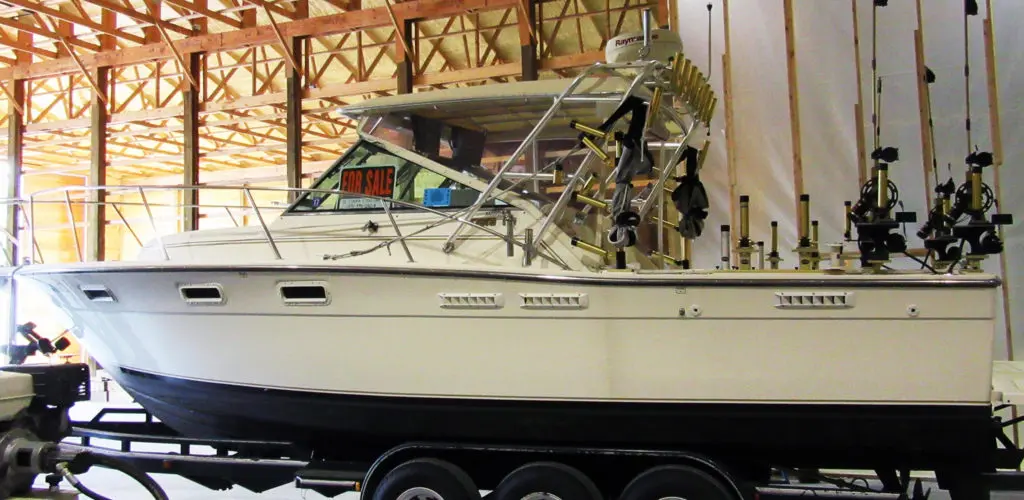Anyone who is an aquatic enthusiast or even just spends any significant amount of time on the water has at least thought about the advantages of owning a boat. Boats can be a lot of fun and serve an assortment of useful purposes. Countless professionals need worthy vessels to perform a variety of tasks to maintain a particular business, and families use them to unwind during the summer or on long weekends. Spending hours alone or with a small crew or group fishing, swimming, and more can benefit you in so many ways personally and professionally.
Anyone who is an aquatic enthusiast or spends a lot of time on the water would also know from potentially numerous searches or just common knowledge that boats are expensive. Just like you would think, the bigger the boat, the more expensive it is. This can sometime deter people from buying any at all or opting for a smaller vessel, but a true captain knows that a decent mid-sized ship or above is often worth the price if you’re committed to use and upkeep. Whether you’ve worked your way up from a smaller ship, or opting to take the risk, buying a mid-sized ship or larger can be a great investment. Their steep initial costs and ease of purchase puts them somewhere between buying a very nice new car and buying a house, a little more complicated than the car, but certainly much simpler than a new home. Stepping into the realm of yacht brokers and dealing with federal documentation for vessels can be overwhelming for many, but hang in there, here is some helpful information that will hopefully make it easier.
The two main things you really need to know about, or perhaps may be the most confusing to you, are the Hull Identification Number (HIN) and the idea of Federal Documentation.
- Hull Identification NumberTo avoid being taken advantage of when buying a used boat, always be sure to inquire about the date when the boat was originally purchased. Check a manual or contact the original dealer if possible. Many people misunderstand how to read the HIN numbers and confuse the model year and manufacturing date, which can leave you with a boat up to two-and-a-half years older than you originally thought. In case you were wondering, the last two digits are the model year, the third to last digit is the manufacture year, and the letter proceeding those numbers is the manufacture month with A-L representing the months of the year. When buying a much older boat, those two years can make a big difference, so be careful and double check if you have to to make sure you’re getting the best deal.
- Federal DocumentationFederal laws regarding anything and everything change frequently, therefore it would make sense that federal documentation for mid-sized vessels would be a flexible trend based more on the ever-changing tax laws than the few specific benefits it actually offers, and would do little for a first time boat owner or recreational users. Benefits of federal documentation would apply more to lenders involved in mortgage deals and has more to do with collateral than anything else. As far as differing from state registration, federal documentation requires claims against a particular ship to be filed through the federal court system, making it a slightly bigger hassle for you opposition.
Overall buying a mid-sized vessel can be a great experience and provide you, your family, or even your business with exceptional opportunities to grow and thrive. If you have, or are considering the purchase of, a mid-sized boat and are looking for a marine surveyor, call Christian today at 1.810.531.0992 or fill out the form in the sidebar to schedule your free consultation.
